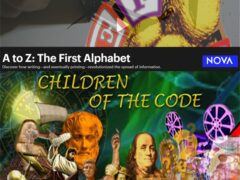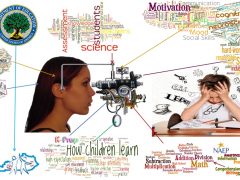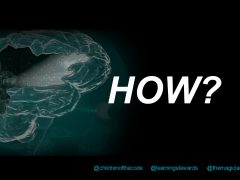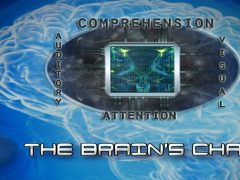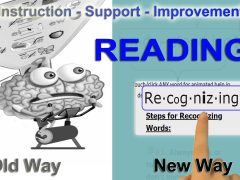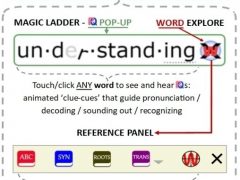RECOMMENDATION: Watch it: PBS Nova: At to Z: The First Alphabet (released 9/23/20) This beautifully well done @PBS @Nova documentary, A to Z: The First Alphabet, outlines how writing developed from pictographs to rebuses to hieroglyphs to the alphabet. It parallels and improves on aspects of our video the “Alphabet’s Big Bang” (the second segment […]
